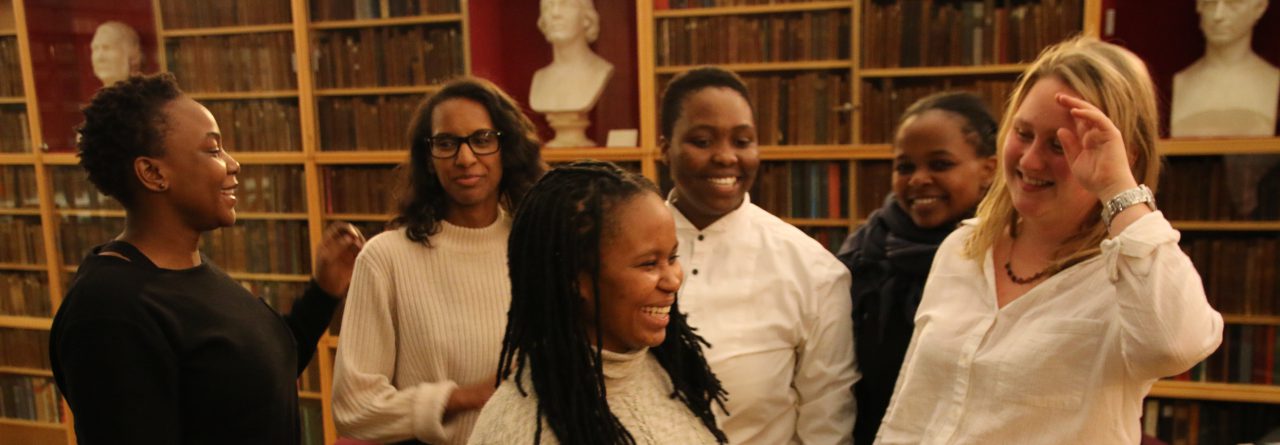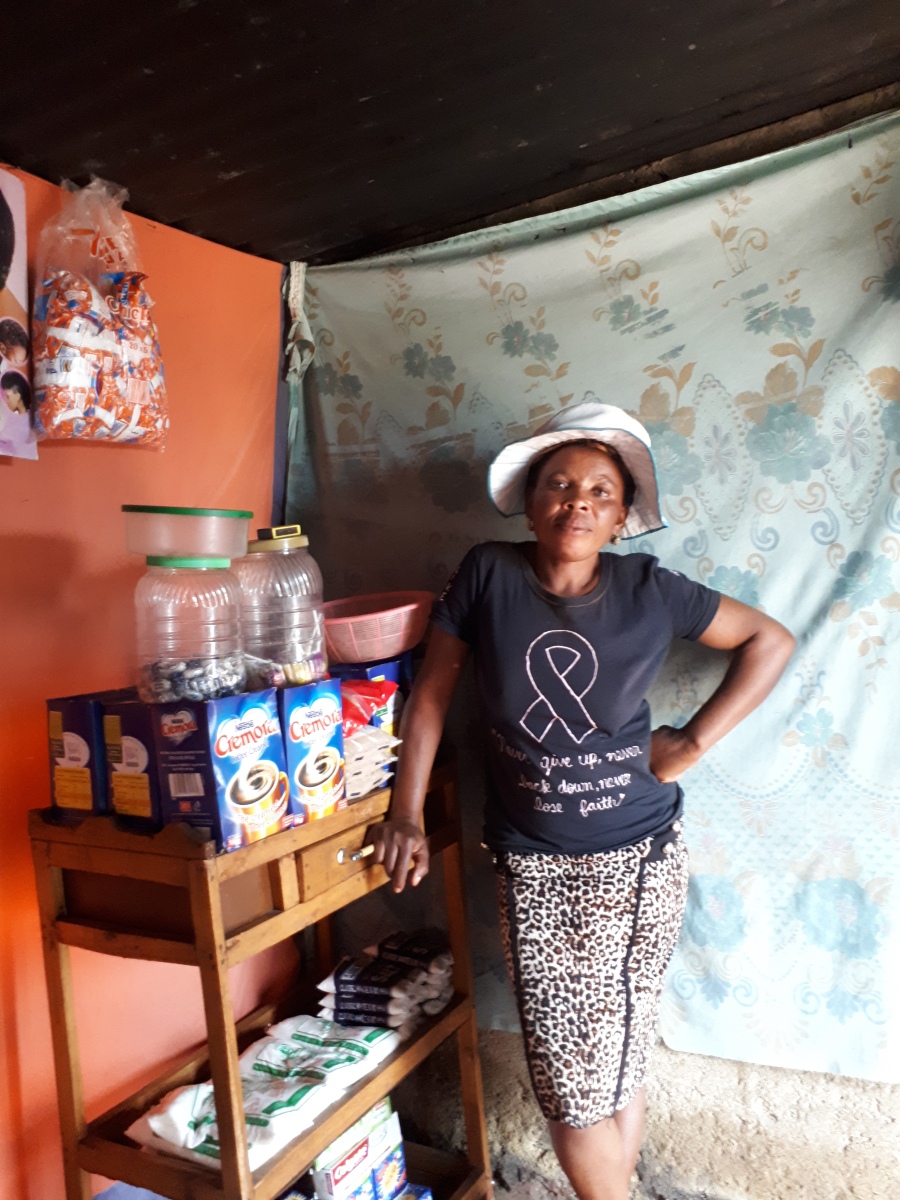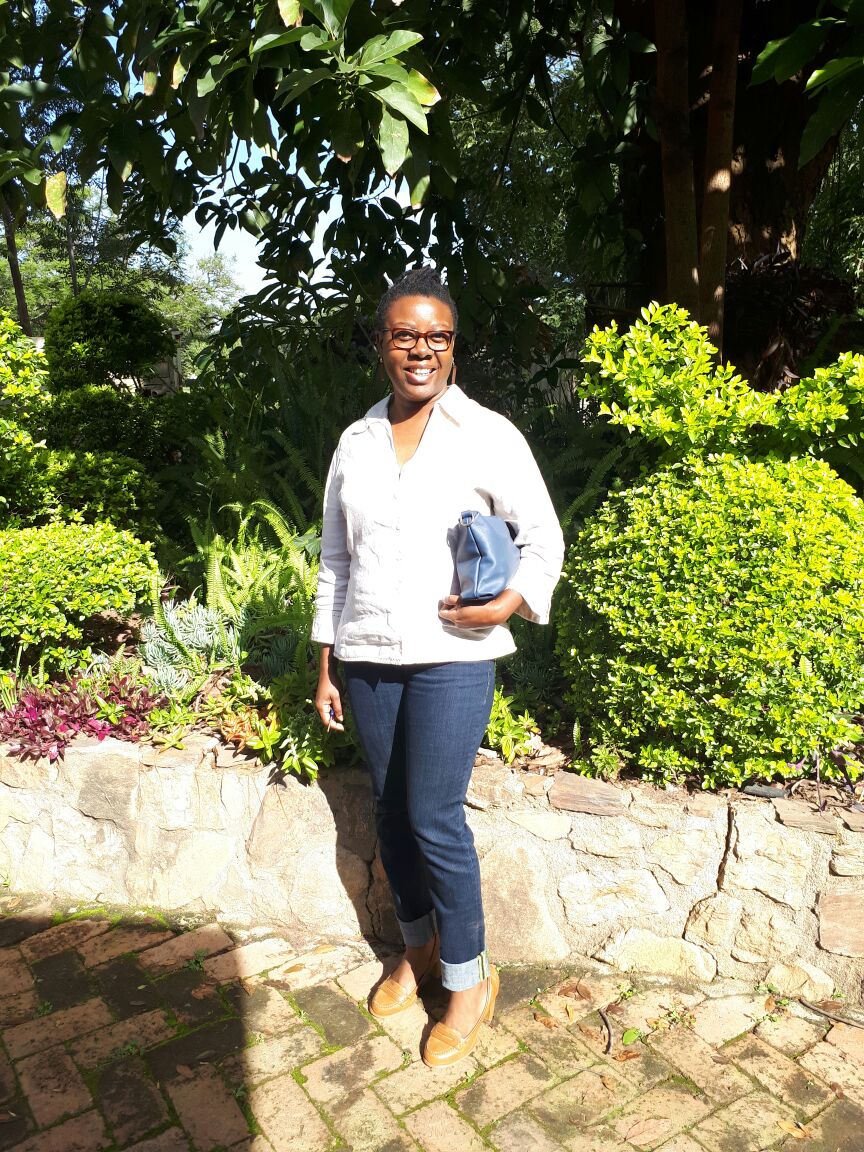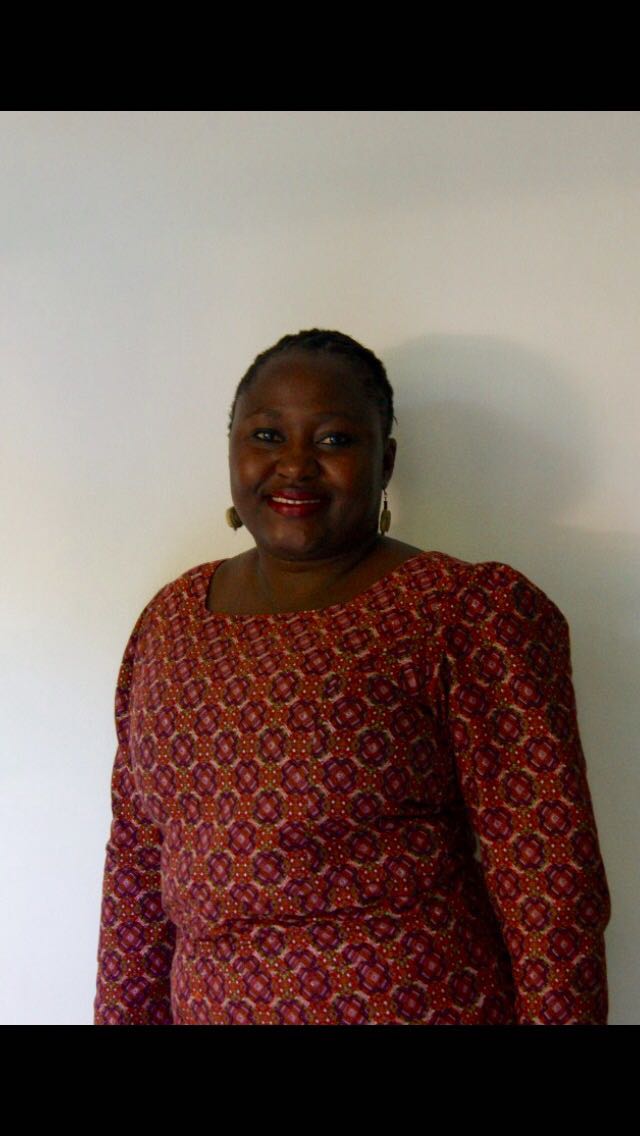Defining Sexual and Reproductive Health and Rights
Sexual and Reproductive Health and Rights (SRHR) encompass the right of all individuals to make decisions concerning their sexual activity and reproduction free from discrimination, coercion, and violence. Specifically, access to SRHR ensures individuals are able to choose whether, when, and with whom to engage in sexual activity; to choose whether and when to have children; and to access the information and means to do so
SRHR includes the right of all persons to:
- Seek, receive, and impart information related to sexuality;
- Receive sexuality education;
- Have respect for bodily integrity;
- Choose their partner;
- Decide to be sexually active or not;
- Have consensual sexual relations;
- Have consensual marriage;
- Decide whether or not, and when, to have children; and
- Pursue a satisfying, safe, and pleasurable sexual life.
Comprehensive sexual and reproductive health (SRH) services include:
- Contraceptive information and services, including emergency contraception and a range of modern contraceptive methods;
- Maternity care, including antenatal and postnatal care, and delivery care, particularly
- skilled attendance and emergency obstetric care;
- Prevention and appropriate treatment of infertility;
- Safe abortion and post-abortion care;
- Prevention, care, and treatment of sexually transmitted infections, HIV/ AIDS, reproductive tract infections, and reproductive cancers;
- Information, education and counselling, prevention and surveillance of violence against women (VAW), care for survivors of violence; and
- Actions to eliminate harmful traditional practices such as Female Genital Mutilation (FGM) and early and forced marriage
Importance of SRHR
- Education
Sexual and reproductive health and rights issues, especially gender-based violence and adolescent girls’ vulnerability to child, early and forced marriage, unintended pregnancy, and HIV and other sexually transmitted infections impede girls’ educational aspirations. When girls are healthy and their rights are fulfilled, they can go to school, learn and gain the skills and resources they need to be healthy, productive and empowered adults.
- Economic Benefits
Preventing child, early and forced marriage and ensuring access to voluntary contraceptive services allows girls to attend and stay in school longer, delays the age of pregnancy, and allows for more bargaining power in intimate relationships. Girls who stay healthy and avoid early marriage and pregnancy stay in school longer. Each additional year of schooling for girls improves their employment prospects, increases future earnings by about 10% and reduces infant mortality by up to 10%.
- Reduction in healthcare costs
Providing family planning information, services, and supplies to the more than 200 million women who want to use family planning but do not have access could reduce maternal mortality by up to one third and infant mortality by one-fifth,9 while significantly reducing maternal and new born healthcare costs.
- Promotion of Gender Equality
Inequality between women and men undermines all development goals. When women and girls lack access to education, information and services, their health and rights suffer. When women and girls do not have full access to sexual and reproductive health and rights, their ability to contribute economically, socially and politically to their communities is severely constrained. To achieve goals of gender equality, which underpin all other development objectives, it is critical to guarantee women and girls access to the full range of sexual and reproductive health and rights, including access to sexual and reproductive health services. These services must go beyond access to contraceptive methods to integrate other actions across sectors, such as sexual and reproductive health education. Sustainable, meaningful and rights-driven development will be possible only by addressing gender inequality, which denies women and girls the opportunity to make decisions about their bodies and live free from violence.
A short survey was carried out to assess the knowledge of SRHR among university students and draw possibly strengths and weaknesses of involving male students in SRHR with special recognition of the privileges that they hold in society and also since education is used as a tool for development and policy change, the researcher felt the need to target this particular group on SRHR issues as such issues intersect with other developmental challenges. The data presented is raw and was captured through primary research.
Interview A
- What is the role of male student in SRHR issues ie
- a) Promotion
When it comes to male students’ role in SRHR issues, I am of the opinion that since men, a lot of the time are in a privileged position, especially in academia, the risk of them coming out and talking about these issues, how LGBTQ people are treated, the hypocrisy of predominantly male parliaments making decisions about female reproductive and sexual rights etc. We also have to be imperative to be aware of our privileged, and be open to input from feminist and female driven interest and political groups working for change and improvement in SRHR issues. But allot of the time, I think our role should be to work towards, together with other groups on creating spaces where women can have their voices heard. Since allot of SRHR issues predominantly effect women.
- b) Implementation
I believe our role is to show support and help implement the changes suggested by groups working for and with SRHR issues, and where it’s needed take part in the required work, such a lobby-ism etc.
- What are the benefits of involving male university students in SRHR?
The unfortunate benefit is that living in a patriarchy males’ voices are taken more seriously, so by having men speaking at events etc, it can unfortunately give weight to arguments etc. It does also provide a more diverse environment, which I believe is a good thing, and having the voices of gay men in SRHR issues are of course very important, as long as they do not overshadow the rest for the groups being effected by the lack of, or the negative policies implemented.
- Are there any limitations to the involvement of male students in SRHR?
In my experience, men can take up allot of space, and always require their voices to be heard. Sometimes it’s important where women can easily speak out, and have a going dialogue, men can make these kind of spaces less safe and open.
- Do you know of any examples of where students have worked with SRHR (particularly male students)?
At my university there are several organizations working within several fields, such as SAIH for example, I do not think there is a specific organization working with SRHR issues, but there are quite a few men in these organizations. I did also write a short piece for Press in 2014 on Gabriel Hoosain Khan, who is part of the lgbtq* movement in South Africa
- Who is responsible for contraception in a relationship and why?
Both parts are responsible, and it’s important to have an open dialogue about it. However, I do think men are always responsible to carry condoms with them, and use condoms during sexual encounters, P-whatever’s are never enough.
- What is the role of academia in SRHR discourses?
Big question, that I don’t really know how to answer, sorry. But maybe work in informing people on how effective the use of condoms is in preventing STDs? Since academia have the relevant numbers and statistics.
Interview B
- What is the role of male student in SRHR issues i.e.
- a) Promotion
Participate in awareness activities in their learning institutions
Understanding important aspects of SRHR
- b) Implementation
Actively speaking to their peers
Seeking knowledge about sexual health rights
Use of protection during sex
Speak to their partners on issues of safe sex and planned pregnancies
Go for regular medical check up
- What are the benefits of involving male university students in SRHR?
SRHR is not only a female agenda since males are equal participants in sex and reproduction
Male participation leads to less stigma around issues of SRHR
Male participation ensure the health of both partners is assured
It ensures there is gender equality in decision making on issues of sex and reproduction
- Are there any limitations to the involvement of male students in SRHR?
Possibly yes, it depends to how knowledgeable they are
Issues to do with religion and cultural beliefs and practices may limit male student participation
Depends if the women around them wishes to engage the in an inclusive manner
- Do you know of any examples of where students have worked with SRHR (particularly male students)?
Yes, back at my University in Kenya there was a gender club and both male and female students were very active on issues of SRHR especially use of contraception and campaigns against sexual abuse and harassment.
- Who is responsible for contraception in a relationship and why?
Both the man and woman are. The consequences of using it or not using it will affect them both.
This should be left to the two to agree on what they feel is best for them.
- What is the role of academia in SRHR discourses?
More social research on issues of SRHR.
Inclusion of SRHR in the mainstream curricula at the universities.
Inclusion of higher education students in public discourses on issues of SRHR.
Interview C
What is the role of male student in SRHR issues?
Promotion Male university students should be educated on and promote healthy lifestyles. One extremely effective way to promote SRHR to males specifically is to teach proper sexual health to organizations and clubs that are predominantly male. This is where I saw the most effective promotion at my university. It seems as if when males with each other are given a platform to learn about this subject they are more likely to ask questions and feel comfortable. In summary, if a man sees their friends discussing and promoting positive sexual health, they are likely to do so as well. Implementation providing free condoms as well as engaging classes geared towards men seems to be an effective way to implement healthy sexual intercourse.
What are the benefits of involving male university students in SRHR? It is absolutely necessary to involve men in SRHR. Sex is between two individuals, oftentimes one of which being male. If both the male and female (or the same for two males) are educated on safe sex, the likelihood of unhealthy sex is lowered significantly.
Are there any limitations to the involvement of male students in SRHR? As a generalization, men are oftentimes less mature when it comes to having serious conversations about sex making it difficult to have effective conversations about SRHR. As mentioned in my first answer, I believe when males see one another taking it seriously, others follow, which is a good way to counter-act that limitation.
Do you know of any examples of where students have worked with SRHR (particularly male students)? At my university I was the president of a fraternity (which was basically an organization of males who got together for philanthropic events, social events, and things like that) and we had a member of the fraternity whose job it was to promote and teach the other members about the importance and how to practice safe sex.
Who is responsible for contraception in a relationship and why? Personally, I believe both the male and female our responsible for contraception. It takes a male for a female to get pregnant as well as it takes two individuals to transmit a sexually transmitted disease, and because of that both parties should be responsible. Although women do have an effective birth control option, they should not feel obligated to use it if they do not want to. That being said I believe men should always have a condom.
What is the role of academia in SRHR discourses? Academia should teach the basics of sexual health as well as basic anatomy of the male and female reproductive systems to both males and females. At my university there were occasionally optional talks for students by school administration, counsellors, doctors, and other faculty about the importance of both sexual health and sexual consent. They usually tried to make them fun and engaging for students in order to encourage them to attend.
In conclusion, both sexes play a vital role in the advocacy of SRHR, it takes the academic and the academia to achieve the full attainment of SRHR therefore a need for everyone to play a role in addressing SRHR issues.
Questionnaire
Unmet Sexual and Reproductive Health and Rights (SRHR) needs continue to be a threat to the health and well-being of millions of people. This short questioner aims at bringing out the importance of comprehensive sex education in tertiary institutions, demonstrating the role of male students in meeting the SRHR needs and also drawing out the strengths and weaknesses of male students’ engagement in SRHR.
What is the role of male student in SRHR issues ie
- c) Promotion
- d) Implementation
What are the benefits of involving male university students in SRHR?
Are there any limitations to the involvement of male students in SRHR?
Do you know of any examples of where students have worked with SRHR (particularly male students)?
Who is responsible for contraception in a relationship and why?
What is the role of academia in SRHR discourses?
By Donna Nyadete




